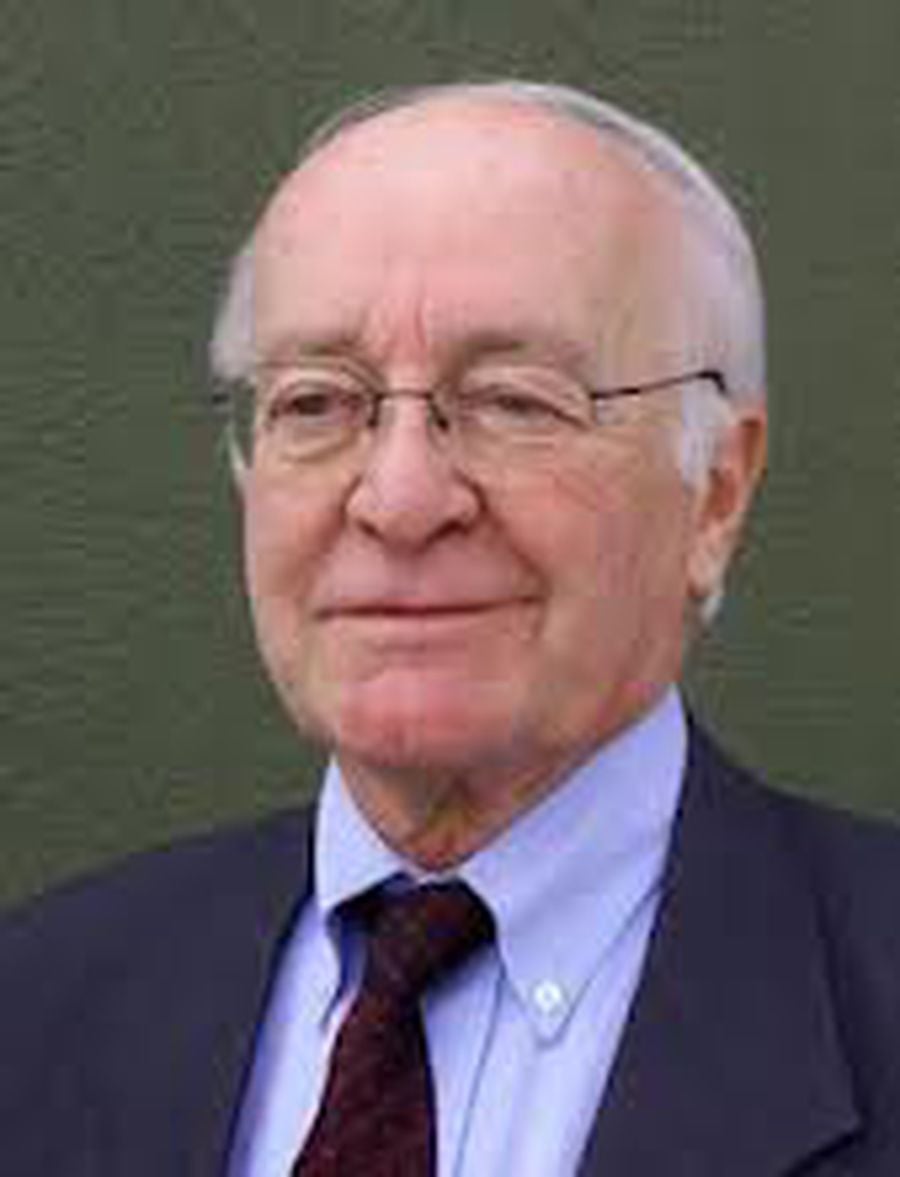It’s time for education to re-think itself. That’s true for both public education and higher education.
The pandemic showcased a not-so-new education tool — digital technology. Some labeled it “distance learning.” But distance learning is not new. It has been around for 500 years in the form of books. And we know that “book learnin’” is a poor substitute for teachers and classrooms.
Instead, books became a welcome tool for organized education, expanding the importance, efficiency and reach of teachers. The same will prove true for digital technology. It is simply one more tool serving to increase the importance of educators and classrooms.
The digital environment overflows with information, but it provides few “gatekeepers” to separate lies, trash and trivia from truth, accuracy and reliability. (In journalism, we call them “editors.”) Sensible school curricula and good teachers help young citizens develop personal skills as gatekeepers and nonsense filters. Teachers do not conduct day-to-day monitoring of media information; instead, they encourage students to cultivate good judgment.
Digital technology can and should shift the focus of education away from teaching data and toward developing better citizens. Students carry more data in their telephones than they could ever cram into their remarkable brains. Too much of so-called STEM subject teaching involves data transfer. Education should focus more on behavioral concepts such as social interaction, values and morality.
In the past, these concepts were transferred mostly through family and religion. But too many of today’s families are dysfunctional, and research proves that religion has lost its appeal, especially among younger members of society. Obviously, education cannot transfer values and morality the same way family and religion perform that function. But education and educators can pick up part of the slack by focusing more on human relations than on technological data and by emphasizing humanities, social sciences, history and the social expressions we call “art.”
That means school curricula must change, perhaps dramatically. Public education should also expand to include more preschool, as well as more adult education aimed at newer members of our increasingly diverse society. And it means legislators who claim to believe in education must provide more support and less criticism.
For higher education, the transformation will require finding ways to reduce the elitism that characterizes colleges and universities. Students with moderate intellects from affluent families have much better chances of entering college than students with high intellects from middle class families. It should be the other way around — first, because students from affluent families are virtually assured advanced education, and second, because the affluent have powerful incentives to sustain the status quo, whereas middle and lower class students have increased incentives to innovate, to stimulate positive growth and to generate new technologies.
We learned that reality following World War II, when the GI Bill briefly shattered elitism in higher education. It stimulated the most explosive growth in technology, social standards and economic well-being the world has ever seen.
Today’s universities are overly dependent on contributions from affluent alumni and research funds from self-serving corporations. Tuition, already too high, provides limited sources of education revenue. That’s one reason higher education favors research over pedagogy.
Public funding of higher education is much too low. We should find ways to increase education funding, both locally and nationally. It can easily be done without compromising the economy or upsetting federal-state balance. After all, we provide national funding for highways and dozens of other programs deemed vital to the national interest. Education is certainly vital to the national interest.
Re-imagining education could (and should) be one of the positive outcomes from our experience with the pandemic.

Don Gale.
Don Gale is a longtime Utah journalist who has written about multiple subjects over six decades. The most recurring subject is education.
Source: https://www.sltrib.com/opinion/commentary/2021/04/16/don-gale-education-should/
Deja un comentario